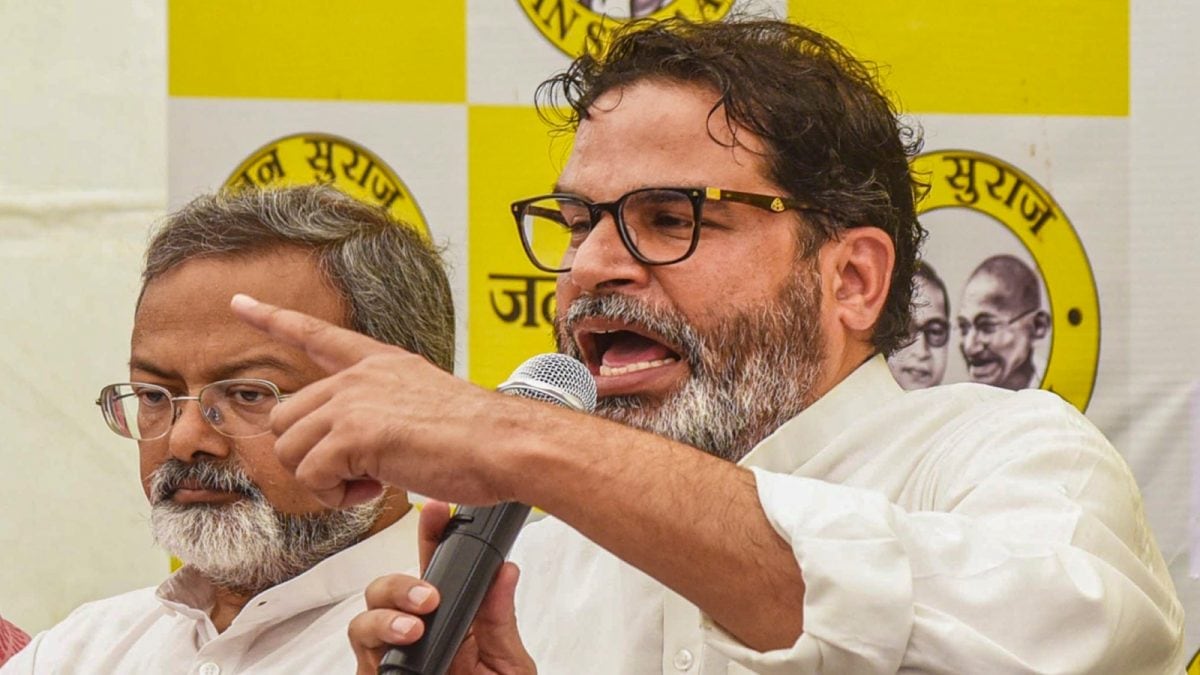Underscoring the growing national footprint of KIDROP (Karnataka Internet Assisted Diagnosis for Retinopathy of Prematurity) programme — an initiative that began as a public–private partnership (PPP) with the Karnataka government — doctors from Narayana Nethralaya said the initiative has now emerged as one of the largest tele-ROP networks.
The announcement coincided with World Retinopathy of Prematurity (ROP) Day, observed on November 17 annually to raise awareness on preventable blindness among premature infants.
ROP is a significant cause of childhood blindness, particularly affecting babies born before 34 weeks of gestation, or those weighing under 2 kg. Recognising the urgent need for equitable access to ROP screening, the hospital, in collaboration with the State Government, launched KIDROP in 2008, combining public infrastructure with private clinical expertise and technological innovation.
The programme now covers all government district Neonatal ICUs (NICUs) in Karnataka and provides tele-ROP screening across 190 public and private NICUs.
Nationally, KIDROP’s training efforts, targeting ophthalmologists, optometrists, physicians and technicians, have enabled ROP services in more than 300 hospitals in various States. Until October 2025, the initiative had carried out 3,92,648 screening sessions, examined 1,18,884 infants, and treated over 6,650 babies, preventing irreversible blindness in thousands of families.
At a press conference in Bengaluru, Naren Shetty, hospital director, and Anand Vinekar, founder-programme director of KIDROP, along with other doctors highlighted how the PPP model has enabled sustained outreach to underserved regions.
“Through the strong partnership between government NICUs, private expertise and NGO support, KIDROP has set a benchmark in neonatal eye care,” said Dr. Shetty. “This model has not only expanded across India but has inspired programmes in other countries as well.”
AI-enabled ROP imaging device
A key highlight of the event was the unveiling of India’s first AI-enabled ROP imaging device, the Neubo 130, developed through a collaboration between KIDROP and the Bengaluru-based Remidio Innovative Solutions, with support from the Department of Biotechnology, Government of India. KIDROP’s extensive image database from rural and urban NICUs formed the foundation of the offline AI model that can automatically detect and grade ROP.
“Thanks to the State’s commitment, Karnataka is the only region with universal ROP coverage across all government district NICUs. With KIDROP now supporting similar PPP-based efforts in 10 other States, the AI-enabled Neubo 130 can significantly advance India’s approach to ROP management,” said Dr. Vinekar.
The development of Neubo 130 stems from KIDROP’s experience working with high-cost imported devices, which underscored the need for a low-cost, portable camera suitable for government hospitals and peripheral centres. Rigorous validation across more than 170 NICUs helped refine its optical design and AI capabilities.
Featuring a 130-degree field of view, through-the-lens illumination, offline edge AI for real-time diagnosis, and the ability to capture images through small pupils, the Neubo 130 is designed to enable mass neonatal screening in low-resource settings.
The programme’s long-term vision, doctors said, is to scale this model across the country ensuring that every newborn, regardless of geography or economic background, receives timely eye screening and the chance for a sighted future.

 1 hour ago
5
1 hour ago
5









 English (US) ·
English (US) ·